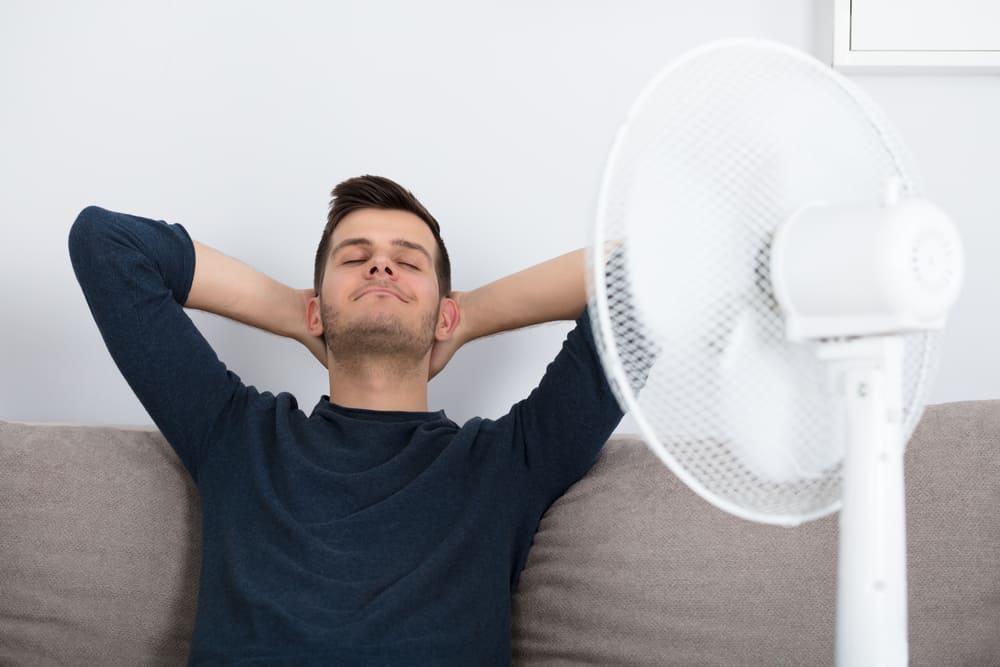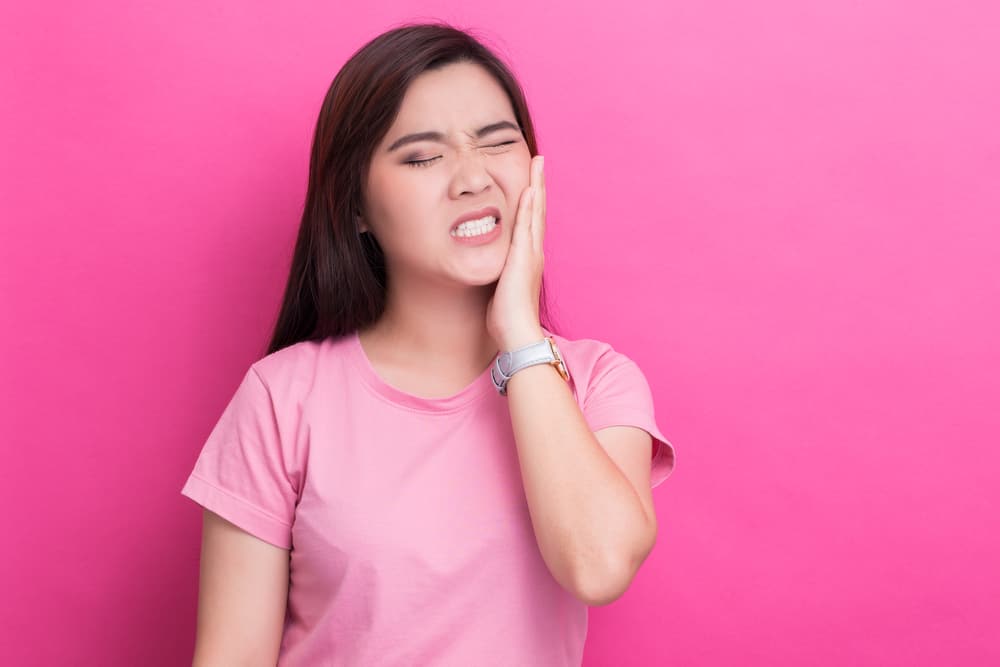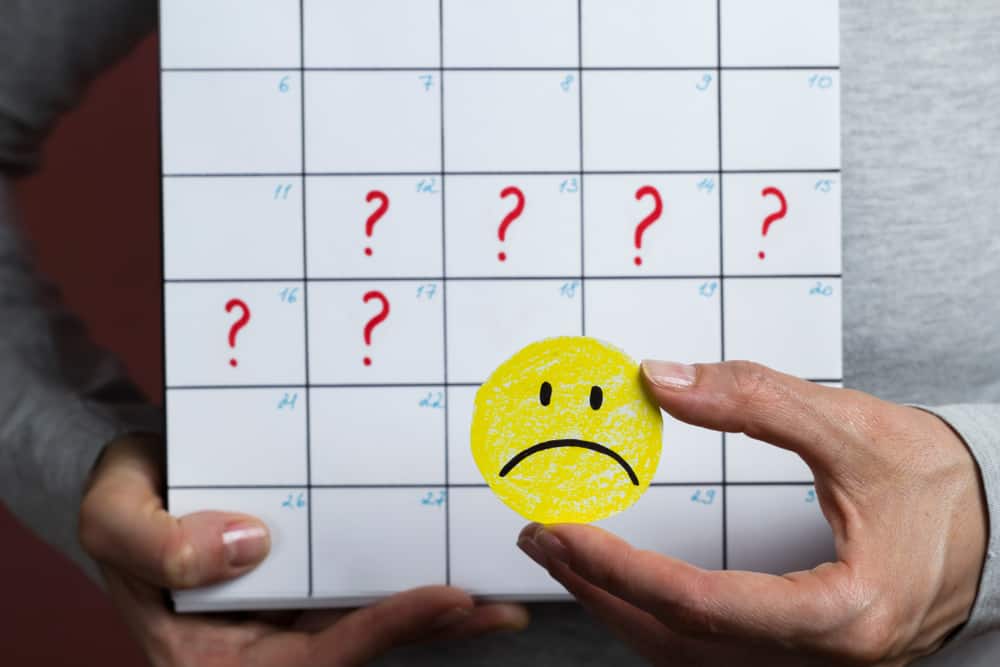Contents:
- Medical Video: Symptoms of Stroke and Migraine | Cedars-Sinai
- What effects can occur after a stroke?
- What should I do with a post-stroke headache?
- What are the types of headaches after stroke?
- Why do post-stroke headaches occur?
Medical Video: Symptoms of Stroke and Migraine | Cedars-Sinai
Headaches can occur from the first time you have a stroke. These headaches can be controlled and are usually not a serious problem.
What effects can occur after a stroke?
Stroke causes neurological effects that are in accordance with the area of brain injury. Headaches can begin after a stroke, but not necessarily correlate with the location of a stroke in the brain.
About 10-15% of stroke sufferers start experiencing new headaches, immediately after a stroke. Headaches that start for the first time after a stroke are divided into several categories, including migraine headaches, tension headaches, headaches due to drug overdose, or headaches as side effects of the drug.
What should I do with a post-stroke headache?
Headaches are not only annoying but also worrying. If you start having a headache after a stroke, talk to your doctor about your headache for two reasons: First, you need to make sure that your headache is not an indication of a serious problem. Usually headaches are not worrying. However, the doctor can determine whether your headache is a symptom of something more significant.
The second reason to get medical treatment for your headache is because headaches are easily treated. Treatment depends on the type of headache you are experiencing.
What are the types of headaches after stroke?
- Medication overuse headaches aka headaches due to drug overdose are a consequence of excessive painkillers. The use of drugs generally provides assistance that might be followed by effects that cause pain. Your health care provider can reduce the use of painkillers gradually so that you will not continue to suffer from headaches because you consume too much medication.
- Tension headaches cause headaches and are usually not related to other symptoms. This headache is easy to control with mild medication and rest.
- Migraine headaches are generally very painful and are followed by nausea, neurological symptoms, and feeling very tired. Migraines may require strong prescription drugs. Because some migraine medications are not recommended for people with heart disease or stroke, a neurologist is often needed to treat post-stroke migraine headaches.
- One of the drugs commonly used after a stroke can cause headaches. Dipyridamole is a blood thinner used to prevent strokes. This drug can trigger headaches in some patients, perhaps because it causes blood vessels to dilate (enlarge). Migraine headaches are one of the side effects of dilated brain blood vessels. Interestingly, the side effects of headaches do not make dipyridamole considered bad. A recent study published in the October 2014 edition of the European Journal of Neurology reported that stroke patients taking dipyridamole had fewer strokes than patients who did not experience side effects of headaches.
Why do post-stroke headaches occur?
After a stroke, it is common for patients to experience symptoms of a new disease. Some patients experience new joint pain such as shoulder pain or skin pain, as many as 1/3 patients complain that this severe pain is enough to interfere with daily activities. Headaches are similar to other post-stroke pain, but have their own characteristics. The causes are not fully understood, and may be related to a number of factors. Stroke is caused by injury to the sensory region of the brain so that it can trigger pain. Changes in brain activity after stroke damage can cause pain. Changes in blood flow in the brain after a stroke can produce pain, especially headache.












